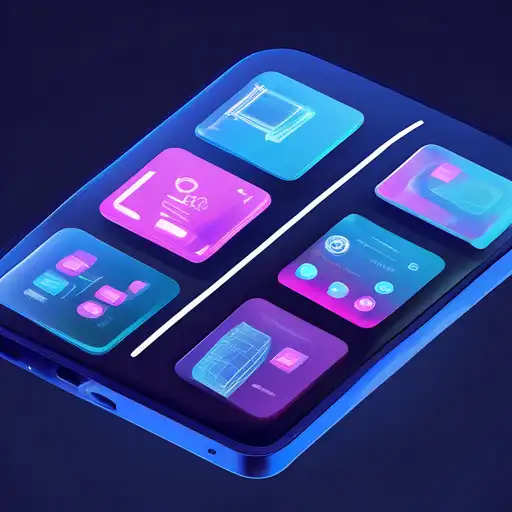Introduction to Mobile Development Frameworks
In the ever-evolving world of technology, mobile development frameworks have become the backbone of creating efficient, scalable, and high-performing mobile applications. As we step into 2023, developers are on the lookout for the best frameworks that can help them build apps that stand out in the crowded app stores. This article delves into the top mobile development frameworks that are set to dominate in 2023.
Why Choosing the Right Framework Matters
Selecting the right framework is crucial for mobile app development. It not only affects the app's performance but also its scalability, maintainability, and the speed of development. A good framework can significantly reduce development time and costs, making it a vital decision for developers and businesses alike.
Top Mobile Development Frameworks in 2023
1. Flutter
Flutter, developed by Google, continues to be a favorite among developers for its ability to create beautiful, natively compiled applications for mobile, web, and desktop from a single codebase. Its hot reload feature, extensive widget library, and strong community support make it a top choice for 2023.
2. React Native
React Native, backed by Facebook, is another powerful framework that allows developers to build mobile apps using JavaScript and React. Its ability to use native components ensures high performance and a native look and feel, making it a go-to framework for many developers.
3. Xamarin
Xamarin, a Microsoft-owned framework, is ideal for developers looking to build cross-platform apps with a single shared .NET codebase. Its integration with Visual Studio and ability to deliver native performance makes it a strong contender in 2023.
4. Ionic
Ionic is perfect for developers who prefer web technologies like HTML, CSS, and JavaScript. It's known for its simplicity and the ability to create cross-platform apps with a single codebase, offering a vast library of plugins and tools.
5. Kotlin Multiplatform
Kotlin Multiplatform is gaining traction for its ability to share code between platforms while maintaining native performance. It's particularly appealing for Android developers looking to expand to iOS without learning Swift.
Choosing the Best Framework for Your Project
When selecting a framework, consider factors such as the project requirements, team expertise, and the target audience. Each framework has its strengths and is suited for different types of projects. For instance, Flutter and React Native are great for apps requiring a rich UI, while Xamarin and Kotlin Multiplatform are better suited for apps needing deep integration with native APIs.
Conclusion
The choice of a mobile development framework can significantly impact the success of your app. In 2023, frameworks like Flutter, React Native, Xamarin, Ionic, and Kotlin Multiplatform are leading the pack, each offering unique advantages. By carefully evaluating your project needs and the features of each framework, you can select the best one to bring your mobile app vision to life.
For more insights into mobile development, check out our technology trends section.
